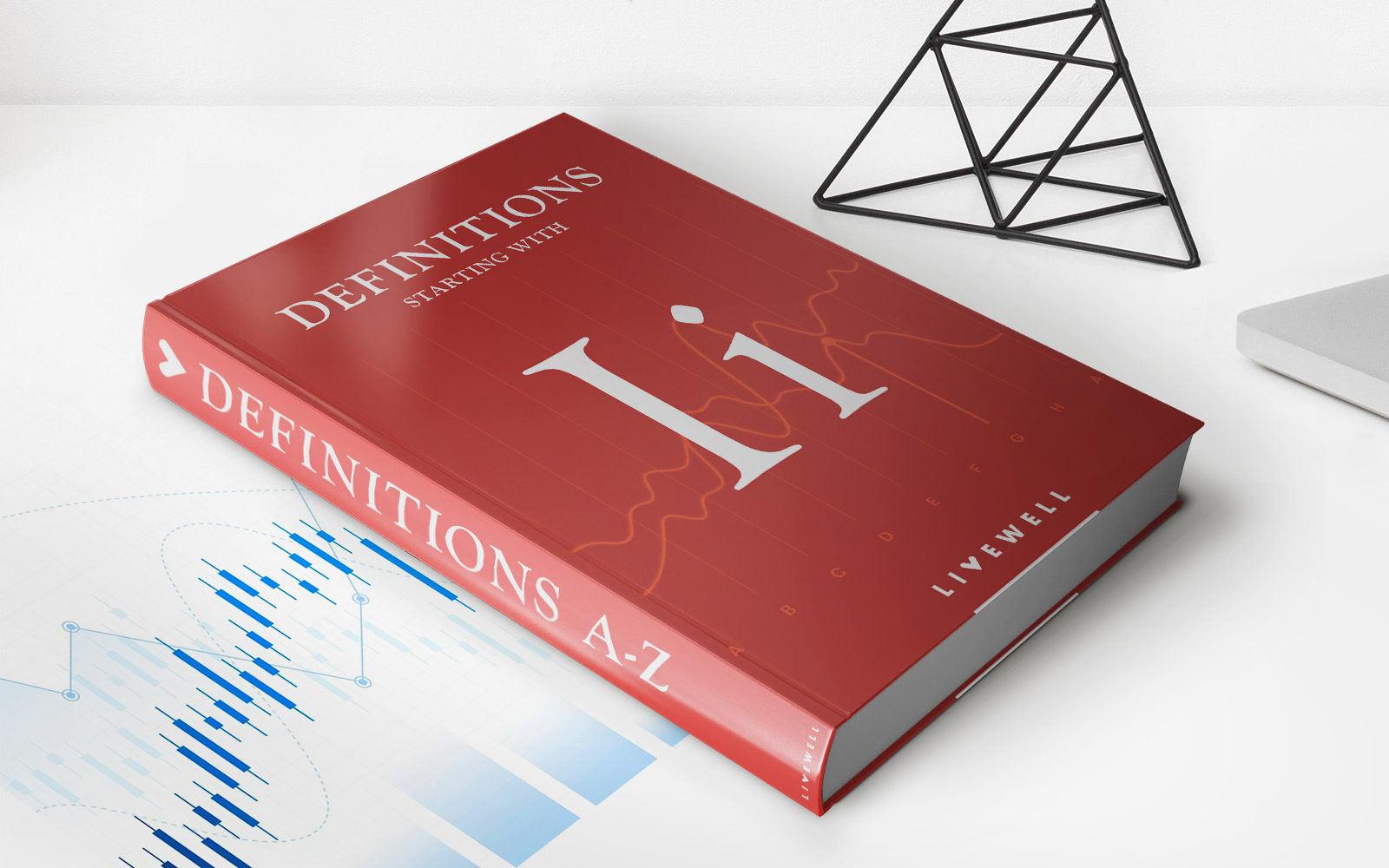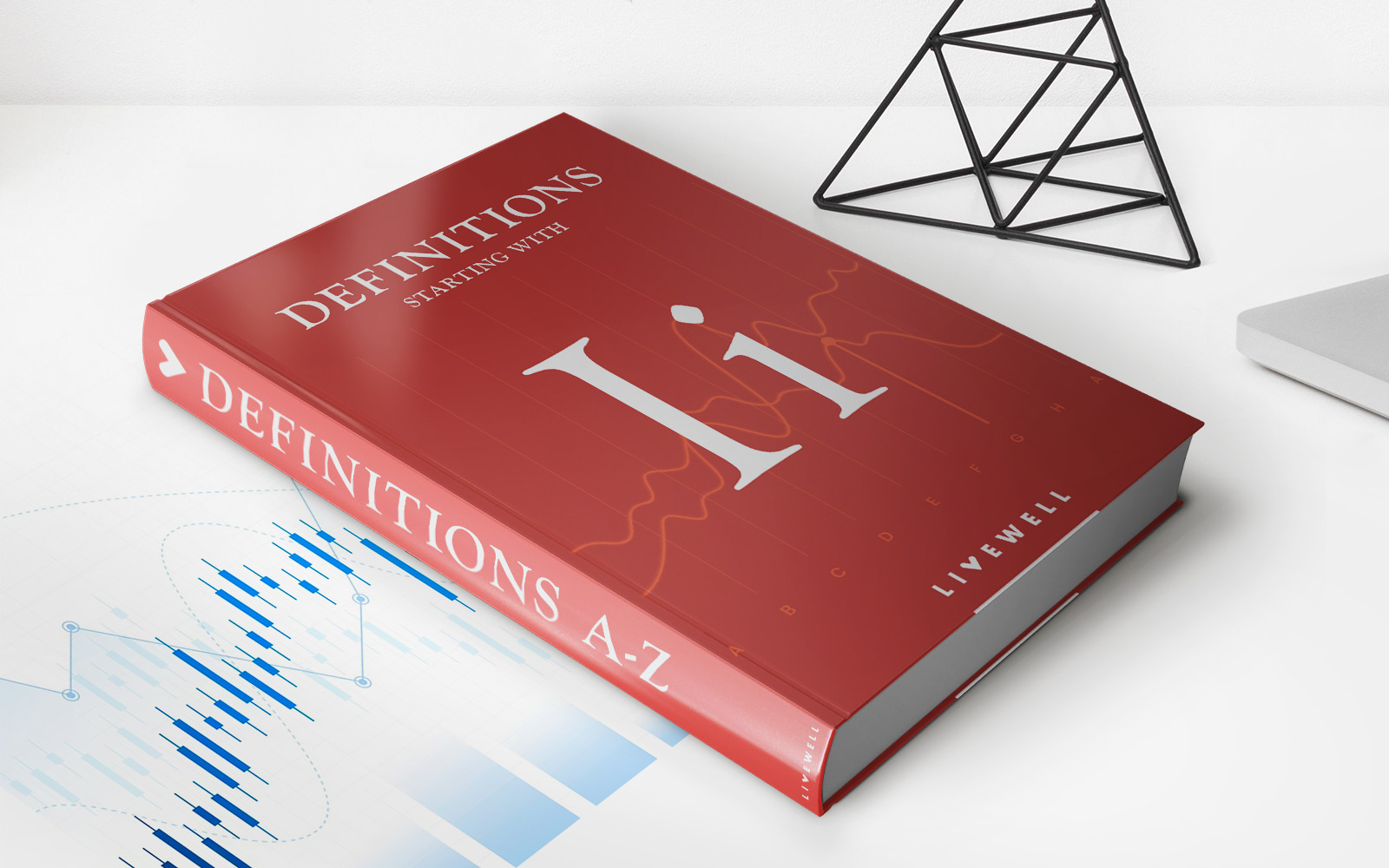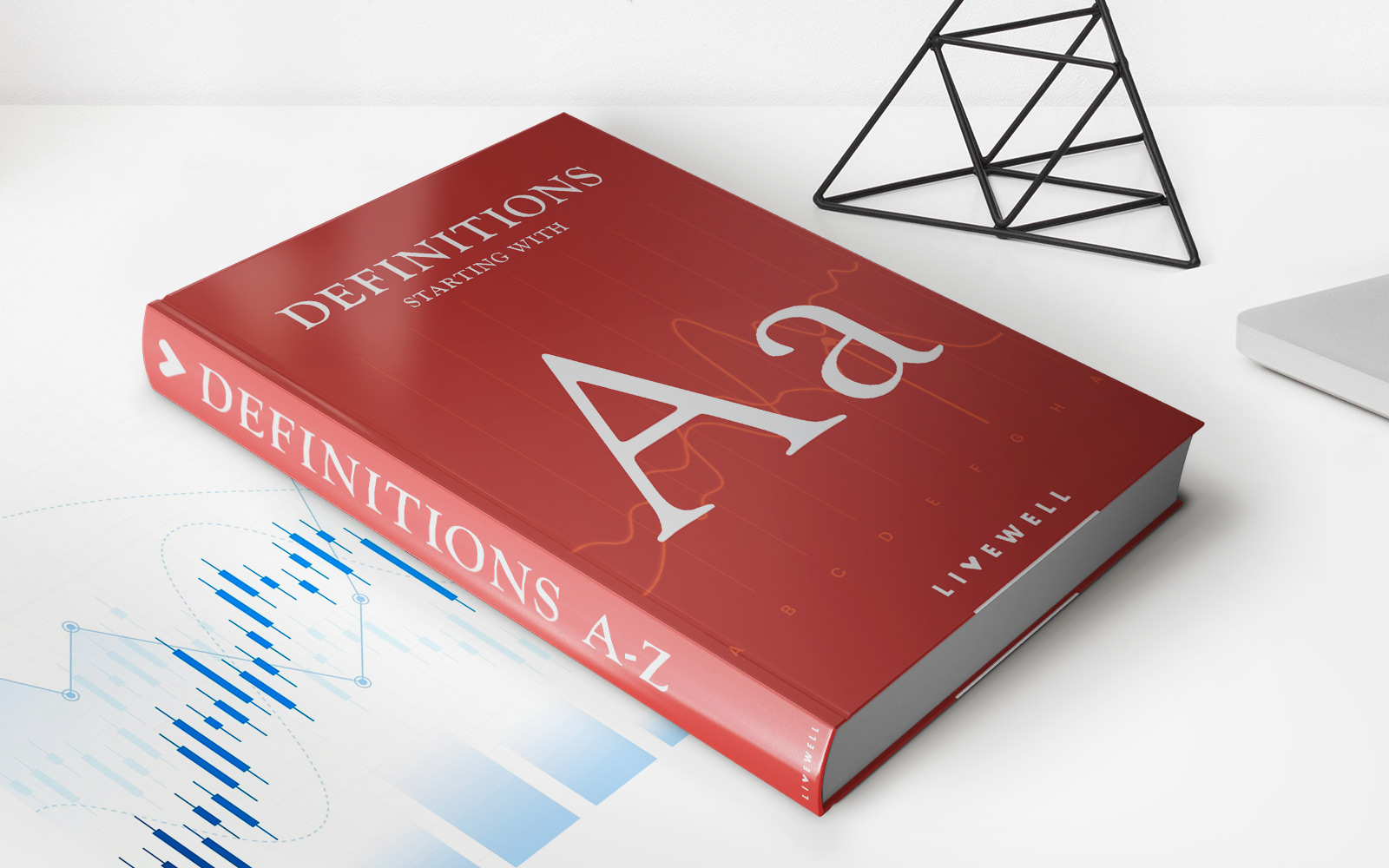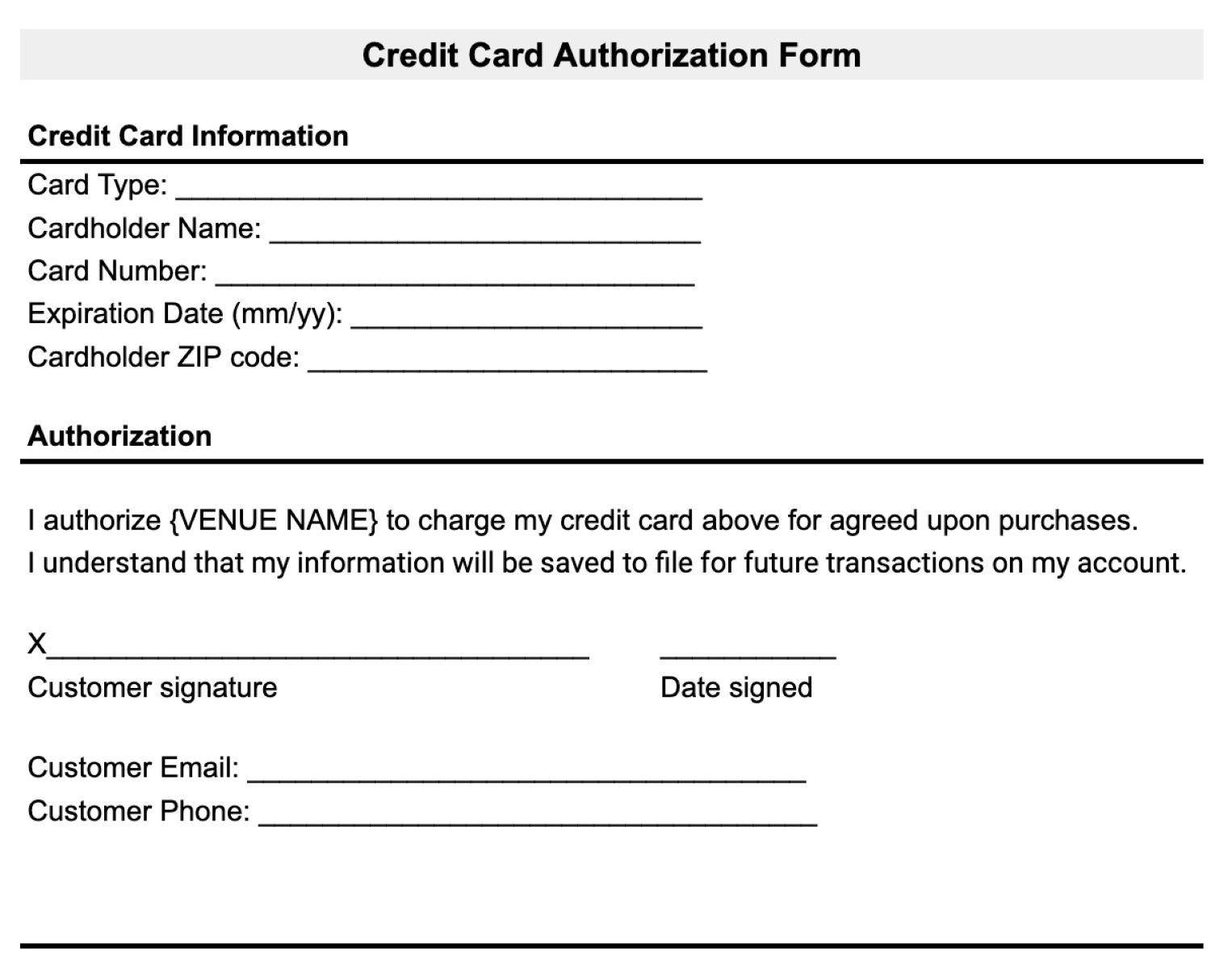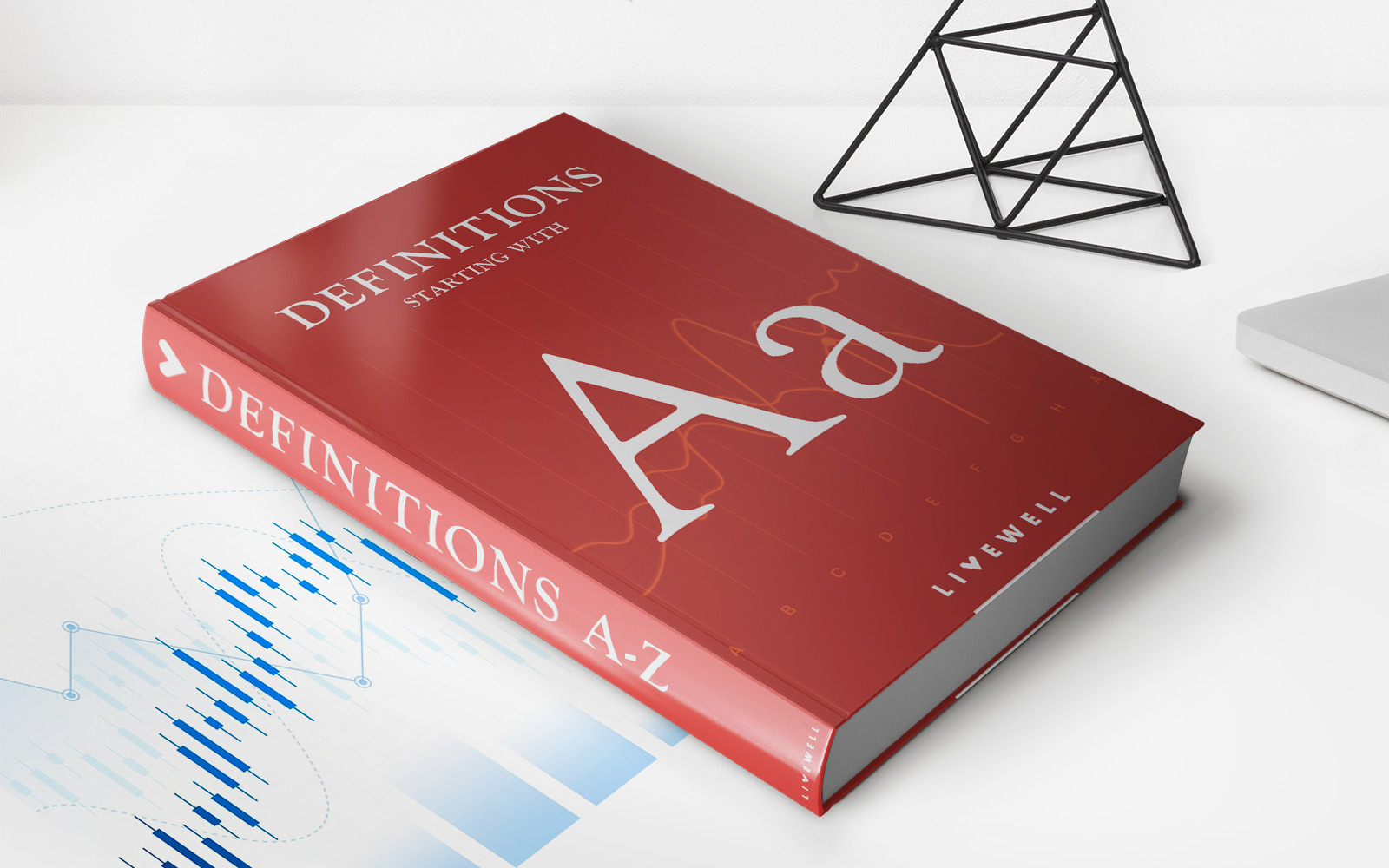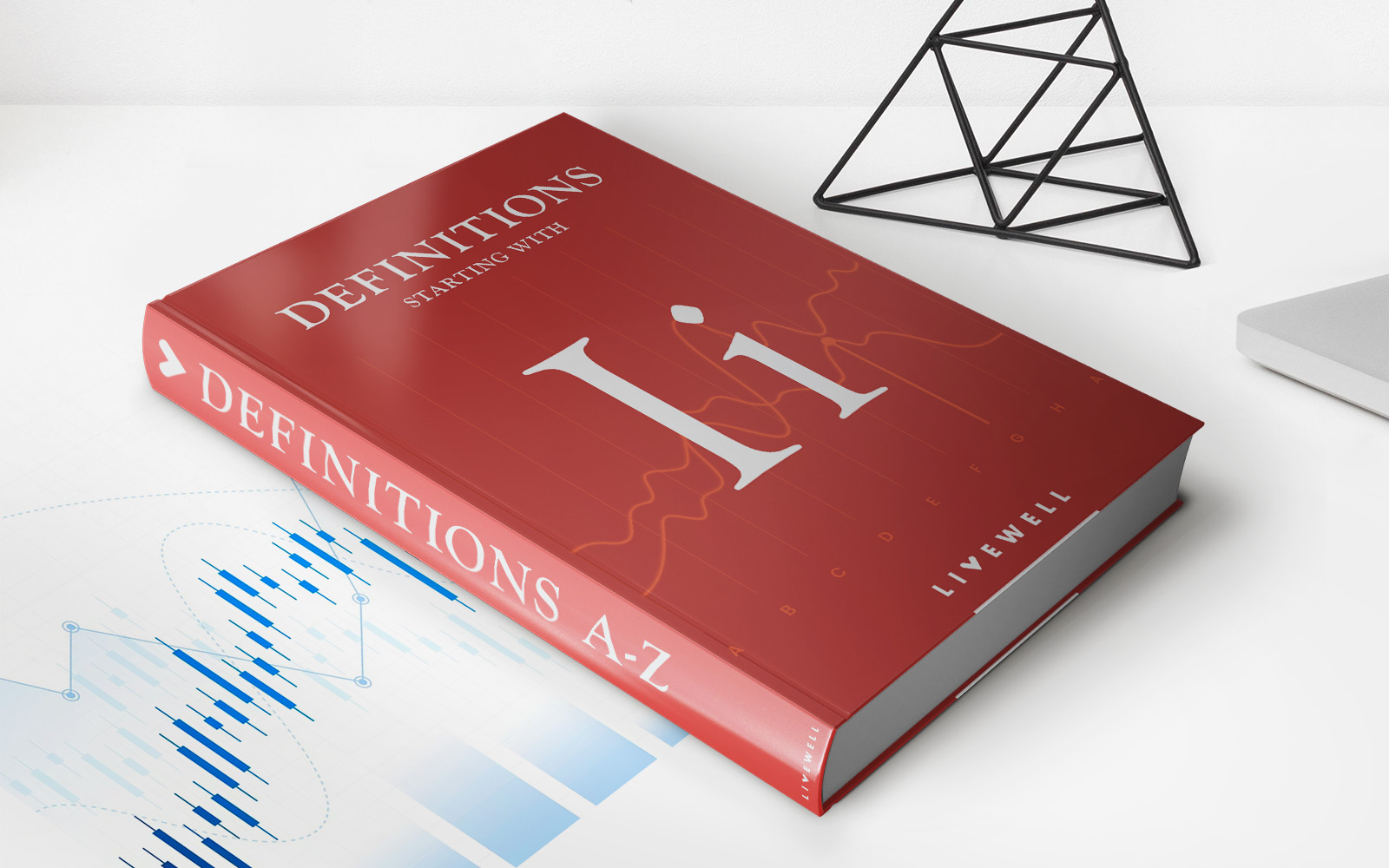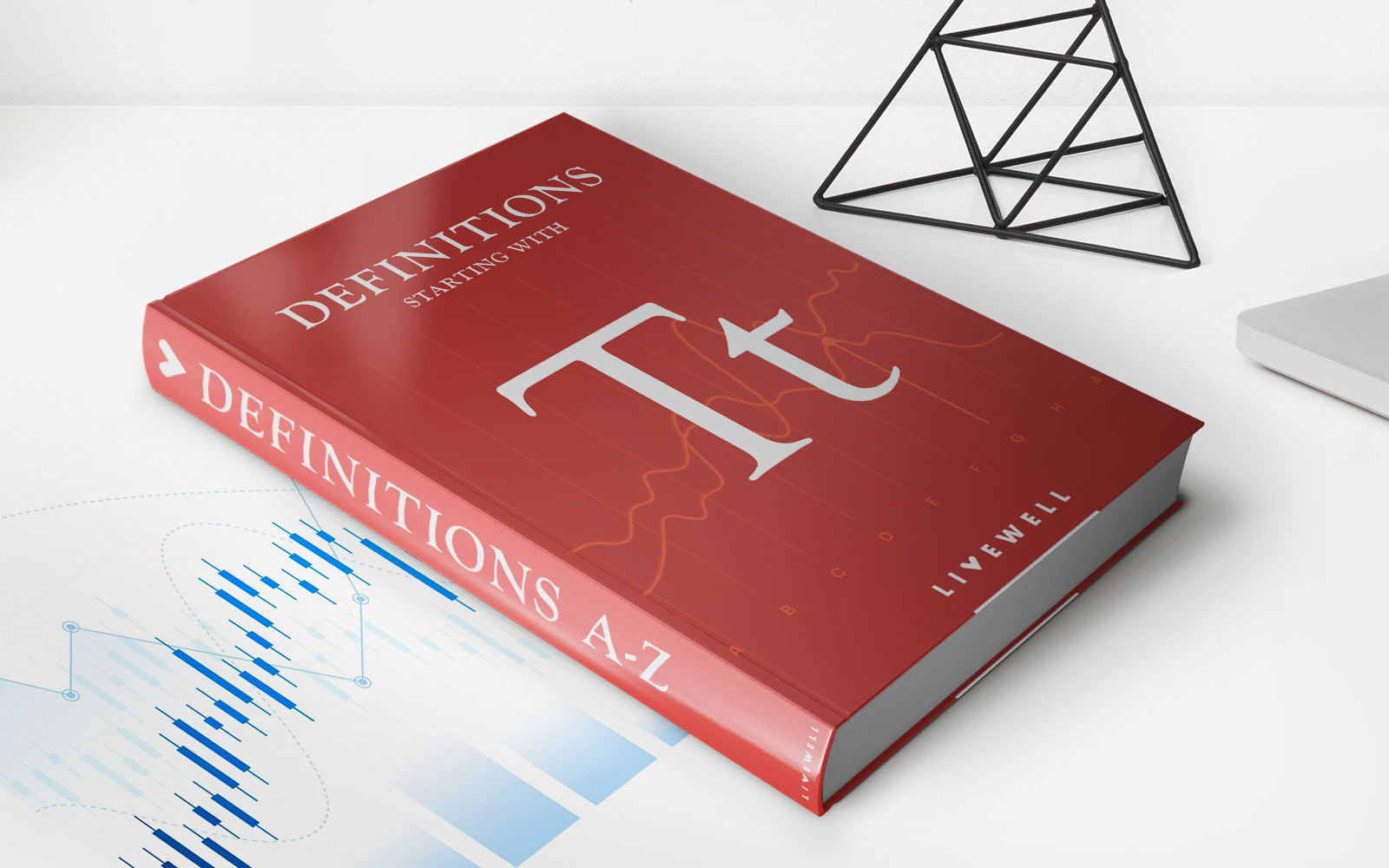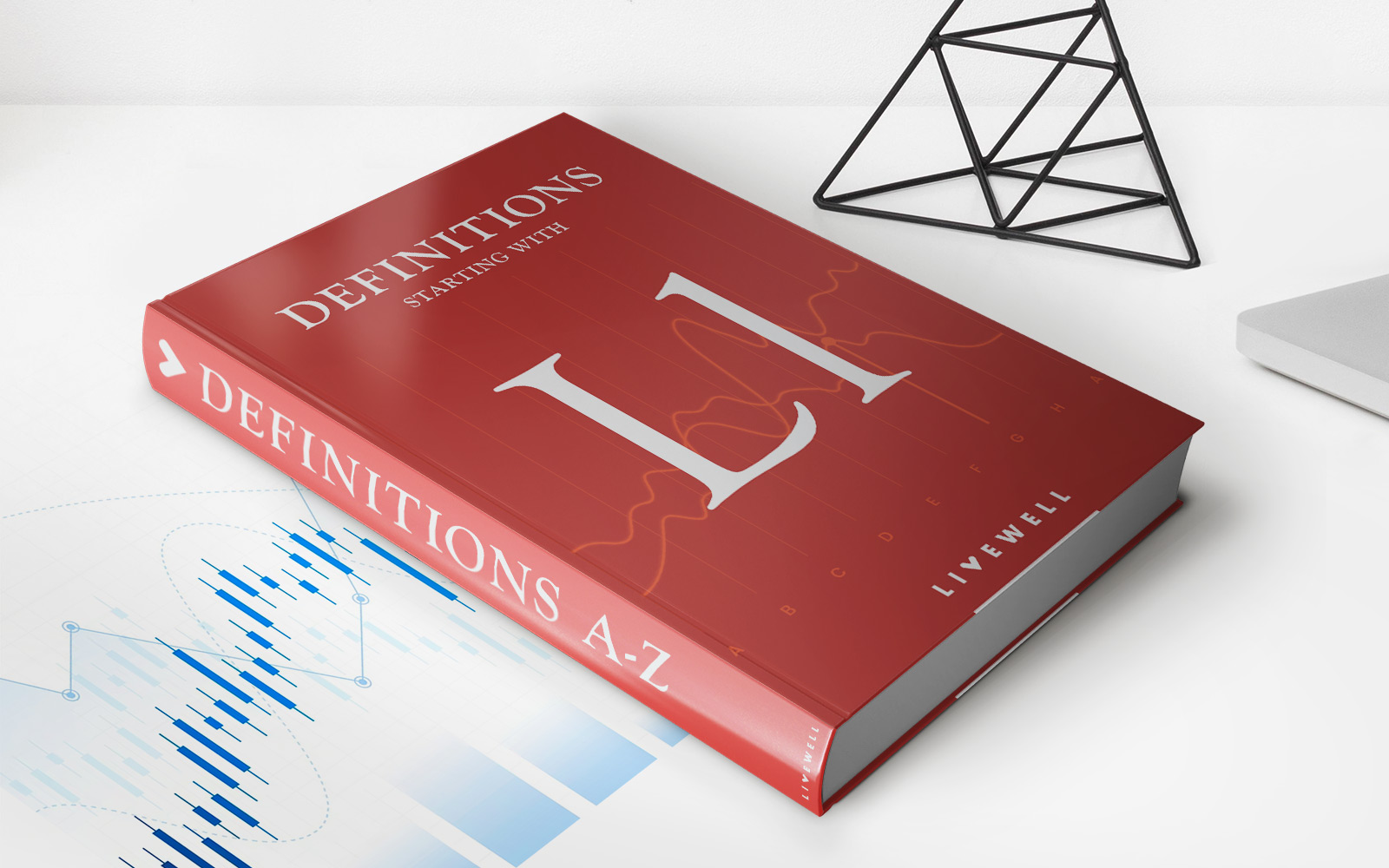

Finance
What Is Implied Authority In Insurance?
Modified: February 21, 2024
Learn about implied authority in insurance and its implications in the finance industry. Find out how it affects policyholders and insurers.
(Many of the links in this article redirect to a specific reviewed product. Your purchase of these products through affiliate links helps to generate commission for LiveWell, at no extra cost. Learn more)
Table of Contents
Introduction
Insurance is a fundamental part of our daily lives, providing us with the financial security and peace of mind we need when unexpected events occur. However, navigating the complex world of insurance can be challenging, especially when it comes to understanding the various terms and concepts involved. One such concept is implied authority, which plays a vital role in insurance contracts and claims.
Implied authority refers to the authority granted to an insurance agent or employee that is not explicitly stated in their job description or contract but is reasonably understood to be part of their role. This authority enables them to act on behalf of the insurance company in certain situations, allowing for smoother operations and faster decision-making processes.
Understanding implied authority is crucial for both insurers and policyholders alike. For insurers, it ensures that their agents can effectively represent the company, make binding decisions, and initiate actions that are beneficial to their clients. Policyholders, on the other hand, need to be aware of the limits and extent of an agent’s authority to ensure that they are properly protected and receive the necessary coverage.
In this article, we will delve deeper into the concept of implied authority in insurance, exploring its definition, importance, examples, limitations, and legal considerations. By understanding how implied authority works, you can make more informed decisions regarding your insurance coverage and ensure a smoother claims process.
Definition of Implied Authority in Insurance
Implied authority in insurance refers to the authority granted to an insurance agent or employee that is not explicitly specified in their job description or contract but is reasonably understood to be a part of their role. It allows the agent to act on behalf of the insurance company in certain situations, making decisions and taking actions that are binding on the company.
This authority is based on the principle that certain actions or decisions are necessary for the effective functioning of the insurance business, even if they are not explicitly stated in writing. Implied authority arises from the relationship between the principal (the insurance company) and the agent (the employee or representative). It is typically inferred from the agent’s position, responsibilities, and past practices.
Implied authority can cover a wide range of activities within the insurance industry. It may include the power to bind the insurance company to policy terms, accept or decline certain risks, issue endorsements, make coverage adjustments, and settle claims within specified limits. However, the scope of implied authority can vary depending on the agent’s position, experience, and the company’s internal policies.
It is important to note that implied authority is not unlimited. Agents are expected to act within the bounds of reasonableness and in the best interests of the insurance company and the policyholders. Any actions that exceed the reasonable expectations of implied authority may result in the agent being held personally liable for their actions, if they act outside the scope of their employment or commit fraud.
Overall, implied authority plays a critical role in ensuring the efficient and effective functioning of the insurance industry. It allows for streamlined operations, quick decision-making, and effective representation of the insurance company’s interests in dealing with policyholders and other stakeholders.
Importance of Implied Authority in Insurance
Implied authority plays a crucial role in the insurance industry, benefiting both insurance companies and policyholders. Here are some key reasons why implied authority is important:
- Efficiency and Flexibility: Implied authority allows insurance agents to make quick decisions and take necessary actions on behalf of the insurance company. This enables smoother operations, reduces bureaucratic delays, and improves customer service. As a result, policyholders can receive prompt responses and resolutions to their inquiries, policy changes, and claims.
- Effective Representation: Implied authority empowers insurance agents to act as representatives of the insurance company. This means they can negotiate and make binding decisions in certain situations, ensuring that the interests of the company are properly represented. Policyholders can rely on the agent’s authority to make decisions that align with the company’s policies and guidelines, providing them with a sense of trust and security.
- Streamlined Claims Process: Implied authority is particularly important when it comes to the claims process. Agents with implied authority can assess and settle claims within their authorized limits, allowing for faster claims processing and payments. This expedites the recovery process for policyholders and helps them get back on their feet more quickly after a covered loss or damage.
- Consistency and Policy Adherence: Implied authority helps ensure consistency in the application and interpretation of insurance policies. Agents with implied authority are expected to adhere to established guidelines and practices of the insurance company. This minimizes the risk of policyholders receiving conflicting or contradictory information and ensures that policies are applied uniformly across different agents and regions.
- Expanded Service Capabilities: Implied authority can expand an agent’s service capabilities, allowing them to address additional policy issues, provide coverage recommendations, and assist with policy modifications. By leveraging their implied authority, agents can provide a more comprehensive and tailored service experience for policyholders, enhancing overall customer satisfaction and loyalty.
Overall, implied authority is essential for the efficient and effective functioning of the insurance industry. It enables quick decision-making, effective representation of the insurance company’s interests, and a streamlined claims process. Understanding and respecting the boundaries of implied authority is crucial for insurance agents, as it ensures they act within their authorized limits and provide reliable and trustworthy service to policyholders.
Examples of Implied Authority in Insurance
Implied authority in insurance can manifest in various scenarios and roles within the industry. Here are a few examples that illustrate how implied authority operates:
- Underwriting Decisions: Insurance underwriters have implied authority to assess risk and determine the acceptability of insurance applications based on the established underwriting guidelines of the company. They can approve or decline applications, set premium rates, and determine coverage limitations within their authorized limits.
- Claims Adjustments: Claims adjusters are granted implied authority to evaluate insurance claims, determine the extent of coverage, and negotiate settlements within their authorized limits. They have the authority to request documentation, conduct investigations, and make decisions on behalf of the insurance company regarding the validity and value of the claim.
- Policy Changes: Insurance agents, whether independent or employed by an insurance company, often have implied authority to make certain changes to insurance policies. This may include endorsing the policy to add or remove coverage, adjust policy limits, or modify policy terms within their authorized limits.
- Policy Issuance: Insurance agents are typically authorized to issue insurance policies on behalf of the insurance company. They have the implied authority to complete the necessary paperwork, collect premiums, and provide policy documents to the policyholder.
- Emergency Situations: In emergency situations, insurance agents may be granted implied authority to make immediate decisions and take action on behalf of the insurance company. For example, in the event of a natural disaster, an agent may have implied authority to bind coverage for affected policyholders, expedite claims, and provide emergency assistance.
These examples highlight the diverse situations where implied authority comes into play in the insurance industry. It is important for insurance agents and policyholders to have a clear understanding of the extent of an agent’s implied authority to ensure proper coverage, efficient claims processing, and effective decision-making.
Limitations of Implied Authority in Insurance
While implied authority in insurance grants certain powers and responsibilities to insurance agents, it is important to recognize that there are limitations to this authority. Understanding these limitations is key to ensuring appropriate decision-making and avoiding potential legal and financial consequences. Here are some common limitations of implied authority in insurance:
- Explicitly Stated Policies and Guidelines: Implied authority does not override explicitly stated policies, guidelines, or limitations set by the insurance company. Agents must operate within the boundaries of these established rules to ensure compliance and consistency in their actions.
- Authorized Limits: Implied authority typically comes with authorized limits, which specify the scope of an agent’s decision-making powers. Agents cannot exceed these limits or make decisions that are beyond the reasonable expectations of implied authority.
- Specific Job Descriptions and Roles: Implied authority should align with an agent’s specific job description and role within the insurance company. For example, an underwriter may have implied authority to evaluate and accept risks based on underwriting guidelines, but they may not have the authority to adjust policy terms or settle claims.
- Company Policies and Procedures: Insurance companies may have specific internal policies and procedures that further restrict an agent’s implied authority. Agents should be familiar with these policies and adhere to them when making decisions or taking actions on behalf of the company.
- State and Regulatory Requirements: Agents must also adhere to state and regulatory requirements that govern the insurance industry. These requirements may restrict or define the authority granted to insurance agents, ensuring that their actions are in compliance with industry standards and regulations.
It is important for both insurance agents and policyholders to be aware of these limitations to ensure that decisions and actions align with the boundaries of implied authority. By doing so, potential misunderstandings, disputes, or legal issues can be avoided, and the insurance process can proceed smoothly and transparently.
Legal Considerations for Implied Authority in Insurance
Implied authority in insurance carries important legal considerations that both insurance companies and policyholders should be aware of. These considerations help to ensure that actions taken under implied authority are within the bounds of the law and protect the interests of all parties involved. Here are some key legal considerations for implied authority in insurance:
- Agency Law: Implied authority is rooted in agency law, which governs the relationship between the insurance company (the principal) and its agents. Understanding the principles of agency law helps to clarify the expectations, rights, and responsibilities of both parties in relation to implied authority.
- Fiduciary Duty: Agents with implied authority owe a fiduciary duty to the insurance company and its policyholders. This means that they are legally obligated to act in the best interests of their principal, avoiding conflicts of interest and prioritizing the welfare of the company and its policyholders.
- Breach of Duty: Agents who exceed the reasonable bounds of implied authority may be held liable for breach of duty. If an agent acts outside the scope of their employment or commits fraud, they may be personally liable for their actions and could face legal consequences.
- Actual Authority vs. Implied Authority: Implied authority should not be confused with actual authority, which is explicitly granted to agents through written or verbal instructions. Understanding the distinction between actual authority and implied authority helps to determine the extent of an agent’s decision-making powers and responsibilities.
- Documentation and Record-keeping: It is essential for insurance companies to maintain accurate records of the scope of an agent’s implied authority. This documentation provides evidence of the agent’s authority and helps to establish the nature and limits of their responsibilities.
- State and Regulatory Compliance: Insurance companies must ensure that agents’ activities and decisions under implied authority comply with state laws and regulatory requirements. Breaching these compliance standards may result in legal penalties or sanctions.
It is advisable for insurance companies to provide clear guidelines, training, and ongoing supervision to their agents to ensure they understand the legal implications of implied authority. Policyholders should also be aware of their rights and responsibilities, seeking legal counsel if they believe an agent has exceeded their implied authority or acted negligently.
By considering these legal aspects, insurance companies and policyholders can navigate the complexities of implied authority more effectively, ensuring that actions taken under this authority are legally sound and in the best interests of all parties involved.
Conclusion
Implied authority is a fundamental concept in the insurance industry, granting insurance agents the power to make decisions and take actions on behalf of the insurance company, even if those powers are not explicitly stated in their job descriptions or contracts. It plays a vital role in ensuring the efficient and effective functioning of insurance operations, providing policyholders with timely and accurate service.
Throughout this article, we have explored the definition of implied authority, its importance in the insurance industry, examples of how it is applied, its limitations, and the legal considerations that accompany it. We have seen that implied authority allows for quick decision-making, effective representation of the insurance company’s interests, and a streamlined claims process.
However, it is crucial to recognize that there are limitations to implied authority. Agents must operate within authorized limits, adhere to company policies and guidelines, and comply with state and regulatory requirements. Breaching these limitations can result in legal and financial consequences for both agents and insurance companies.
To ensure a transparent and legally sound insurance process, both insurance companies and policyholders need to have a clear understanding of the extent and boundaries of an agent’s implied authority. Adequate training, communication, and documentation are essential in managing and properly implementing implied authority in the insurance context.
In conclusion, implied authority is a necessary and beneficial aspect of the insurance industry, allowing agents to act on behalf of insurance companies and facilitating prompt and efficient service for policyholders. By recognizing its scope, limitations, and legal considerations, all stakeholders can navigate the insurance landscape with confidence, ensuring the protection and interests of both insurers and policyholders.
